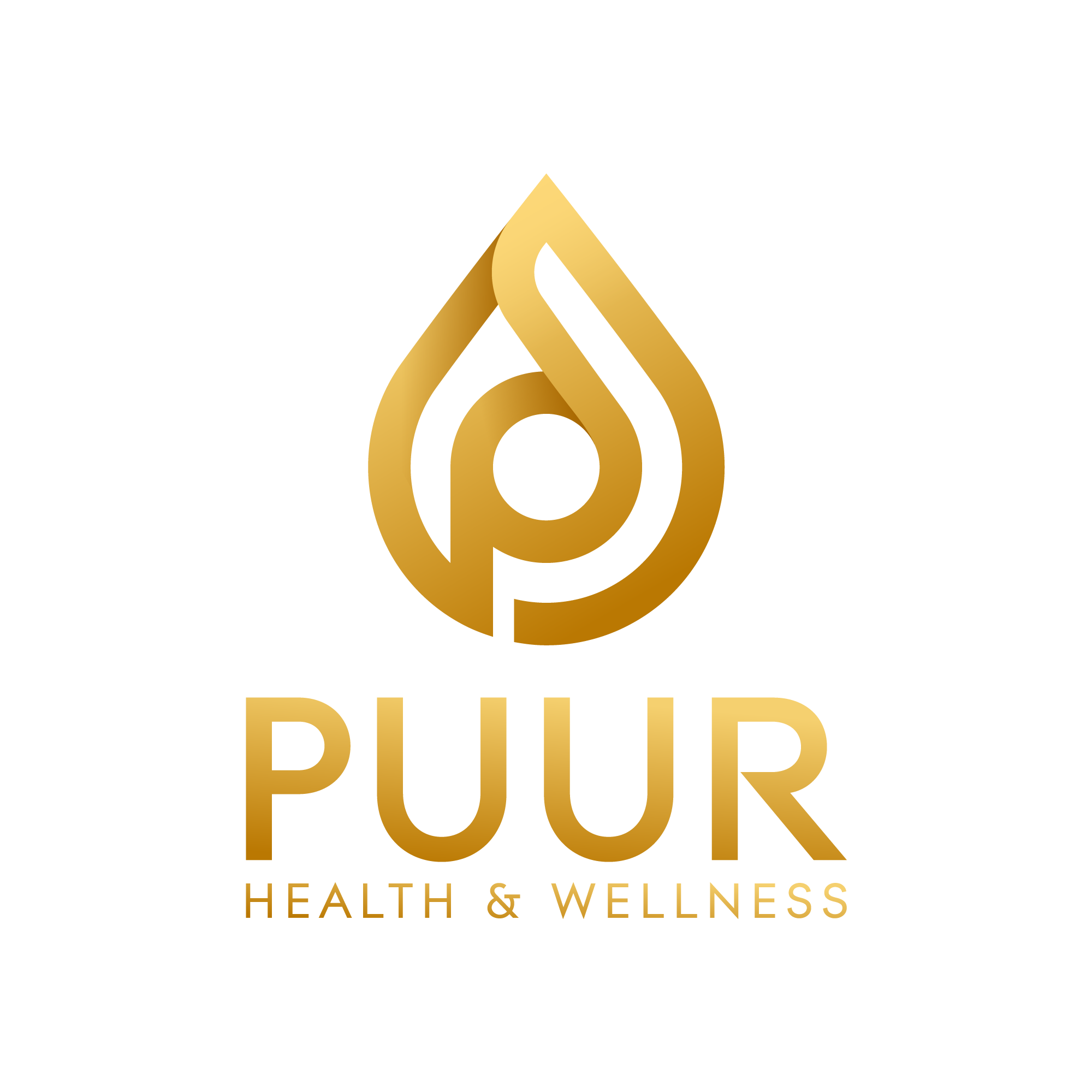Right then, let’s have a proper chat about feeling a bit parched, that dry, sluggish sensation that dehydration brings. We’ve all been there, haven’t we? Whether it’s after a scorching hot day out, a particularly lively evening, or just not quite drinking enough water throughout the day. You might be wondering about quick ways to get back to feeling tip-top, and IV hydration often pops up in conversation. So, the big question on many minds is: Is IV Hydration Safe for Dehydration? Let’s delve into that, shall we?
Now, traditionally, if you’re a bit dehydrated, the sensible thing to do is reach for a glass of water, maybe some rehydration salts, and just keep sipping. And for most mild cases, that’s absolutely spot on. Your body is generally pretty good at sorting itself out. But sometimes, when you’re feeling really under the weather, or perhaps you’ve been working up a proper sweat, the idea of getting fluids directly into your system might sound like a quicker fix. So, when we talk about Is IV Hydration Safe for Dehydration?, we’re looking at whether this direct approach is not only effective but also a sound choice for your well-being. If you’re new to IV therapy, you might want to explore everything you need to know before getting IV therapy in Houston to get the full picture before your first session.
Understanding Dehydration: More Than Just Thirst
Dehydration isn’t just about feeling thirsty, you see. It’s when your body loses more fluid than it takes in, leading to imbalances in essential electrolytes like sodium, potassium, and chloride. These little chaps are vital for everything from nerve function to muscle contractions. When they’re out of whack, you can experience a whole host of rather unpleasant symptoms:
-
Feeling tired and sluggish
-
Headaches
-
Dizziness or lightheadedness
-
Muscle cramps
-
Dry mouth and skin
-
Reduced urine output
In more severe cases, dehydration can be quite serious, leading to confusion, rapid heartbeat, and even a drop in blood pressure. So, addressing it promptly is certainly important.
How IV Hydration Steps In

The main idea behind IV hydration for dehydration is speed and efficiency. When you drink fluids, they have to go through your digestive system, which involves a process of absorption. This can be slowed down by nausea, vomiting, or simply the time it takes for your gut to absorb the water and electrolytes.
With IV hydration, a sterile saline solution (which contains water and essential salts) is delivered directly into your bloodstream. This bypasses the digestive system entirely, meaning your body gets the fluids and electrolytes it needs almost instantly. This rapid replenishment is why many people feel a quicker sense of relief. It’s this direct route that makes us ask: Is IV Hydration Safe for Dehydration?
The Safety Angle: What to Consider
So, is it safe? In the vast majority of cases, when administered by qualified and experienced healthcare professionals, IV hydration is considered safe for treating dehydration. However, like any medical procedure, it’s not entirely without considerations.
Professional Administration is Key: This is probably the most crucial point. You absolutely must ensure that your IV hydration is administered by a licensed and trained medical professional – a doctor, registered nurse, or a qualified paramedic. They know how to properly access a vein, maintain sterile conditions to prevent infection, and monitor you during the infusion. Trying to do this yourself or having it done by someone unqualified is a big no-no and carries significant risks.
Sterility: Clinics offering IV hydration should adhere to strict sterile protocols. This means using new, sealed equipment, sanitising the skin properly, and wearing gloves. This minimises the risk of infection at the injection site.
The Right Solution: Not all IV solutions are created equal. For dehydration, a normal saline solution (0.9% sodium chloride) is typically used, sometimes with added electrolytes or vitamins depending on your specific needs. The professional administering the drip will know the correct type and amount of fluid for your condition.
Monitoring During the Drip: A good practitioner will keep an eye on you throughout the infusion. They’ll check for any adverse reactions, such as swelling, redness, pain at the injection site, or signs of an allergic reaction.
Underlying Health Conditions: If you have certain pre-existing health conditions, such as kidney disease, heart failure, or high blood pressure, IV hydration might need to be administered with extreme caution, or it might not be suitable for you at all. Overloading the body with fluids in these conditions can be dangerous. This is why that initial consultation with a healthcare professional is so vital. They need to know your full medical history.
When It’s Particularly Helpful (and Safe, with Caution)
While often seen as a general wellness boost, IV hydration can be particularly beneficial for dehydration in certain situations:
Severe Dehydration: If someone is severely dehydrated and perhaps struggling to keep fluids down due to vomiting or nausea, IV hydration can be a life-saver, literally. In a hospital setting, this is standard practice.
Persistent Nausea and Vomiting: When you simply can’t drink enough to rehydrate, an IV drip bypasses the upset stomach entirely.
Intense Physical Exertion: Athletes, especially after gruelling events in hot conditions (think a long summer run along Buffalo Bayou Park here in Houston!), can become significantly dehydrated and lose a lot of electrolytes. IV hydration can provide rapid replenishment.
Recovery from Illness: If you’ve had a nasty bout of flu or a stomach bug that left you truly drained and dehydrated, an IV drip can help you bounce back quicker. It can even provide relief in cases of persistent tiredness—Can IV Therapy Help with Chronic Fatigue? explores this in more detail.
Hangover Recovery: While not a “medical” condition, a severe hangover often involves significant dehydration. Many people find IV hydration a swift way to alleviate those dreadful symptoms.
A Bit of Local Flavour: Houston and Hydration
Here in Houston, where the heat and humidity can be absolutely brutal for a good portion of the year, staying well-hydrated is more than just a good idea – it’s an absolute necessity. Whether you’re working outdoors, spending a day at the Houston Zoo, or just running errands, the Texas sun can quickly deplete your fluid levels. In such an environment, the discussion around Is IV Hydration Safe for Dehydration? takes on particular relevance, as rapid and effective rehydration can be a real game-changer for avoiding that sluggish, heat-fatigued feeling.
Understanding the Risks (When Not Administered Properly)
The potential dangers of IV hydration primarily arise when it’s not administered correctly or when the person’s health isn’t properly assessed. These can include a few common risks and side effects. For a deeper look at what to expect and how to stay safe, here are the top side effects of IV vitamin drips & prevention tips to keep in mind.:

Infection: If sterile techniques aren’t followed, bacteria can enter the bloodstream, leading to a serious infection.
Vein Damage: Improper insertion of the cannula can damage the vein, leading to pain, swelling, or phlebitis (inflammation of the vein).
Fluid Overload: Giving too much fluid too quickly, especially to someone with heart or kidney issues, can lead to fluid building up in the lungs or other parts of the body, which can be very dangerous.
Electrolyte Imbalance: While IV hydration aims to correct imbalances, improper solutions or rates can sometimes create new ones, which can affect heart rhythm and other bodily functions.
Allergic Reactions: Although rare, some individuals can have an allergic reaction to components in the IV solution.
This is why, to reiterate, the “safe” part of Is IV Hydration Safe for Dehydration? hinges entirely on the competence and vigilance of the person giving the drip.
Oral Rehydration vs. IV: The Everyday Choice
For mild to moderate dehydration in healthy individuals, oral rehydration remains the primary and safest recommendation. Drinking water, electrolyte-rich sports drinks, or oral rehydration solutions is effective, convenient, and carries virtually no risk. Your body is designed to absorb fluids this way.
IV hydration should typically be considered when oral rehydration isn’t feasible (e.g., due to vomiting), when dehydration is more severe, or when rapid correction is genuinely beneficial, such as for athletes or those recovering from intense illness. It’s not usually the first port of call for simply feeling a bit thirsty after a normal day.
For those in Houston considering IV hydration as a potential option for managing dehydration, puurhw offers professionally administered services. Their team ensures a thorough consultation and a safe experience, helping individuals explore suitable wellness solutions.
Final Thoughts
So, to wrap things up: Is IV Hydration Safe for Dehydration? Yes, it generally is, when administered by qualified medical professionals in a sterile environment and after a proper health assessment. It can be a highly effective and rapid way to address fluid and electrolyte imbalances, particularly in more significant cases of dehydration or when oral intake is difficult.
However, it’s not a casual treatment, nor is it a substitute for consistently drinking enough water throughout the day. Always consult with a healthcare professional to determine if IV hydration is the appropriate and safest option for your specific situation. Don’t be afraid to ask questions, share your full medical history, and ensure you feel comfortable with the provider. Your well-being is paramount, and making informed choices is always the best way forward.


